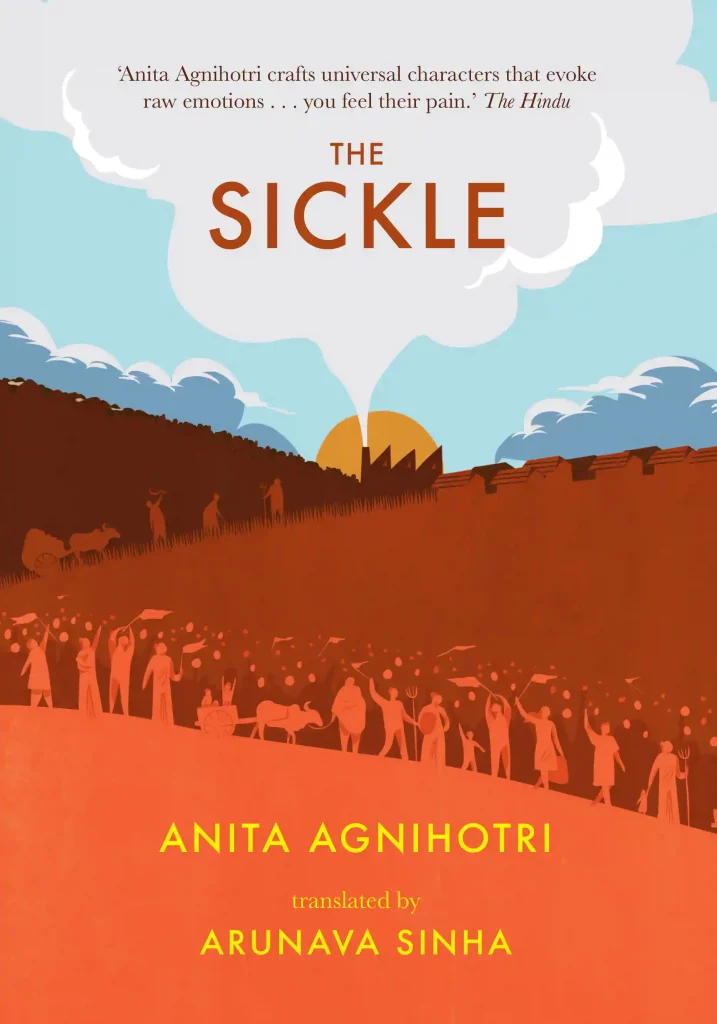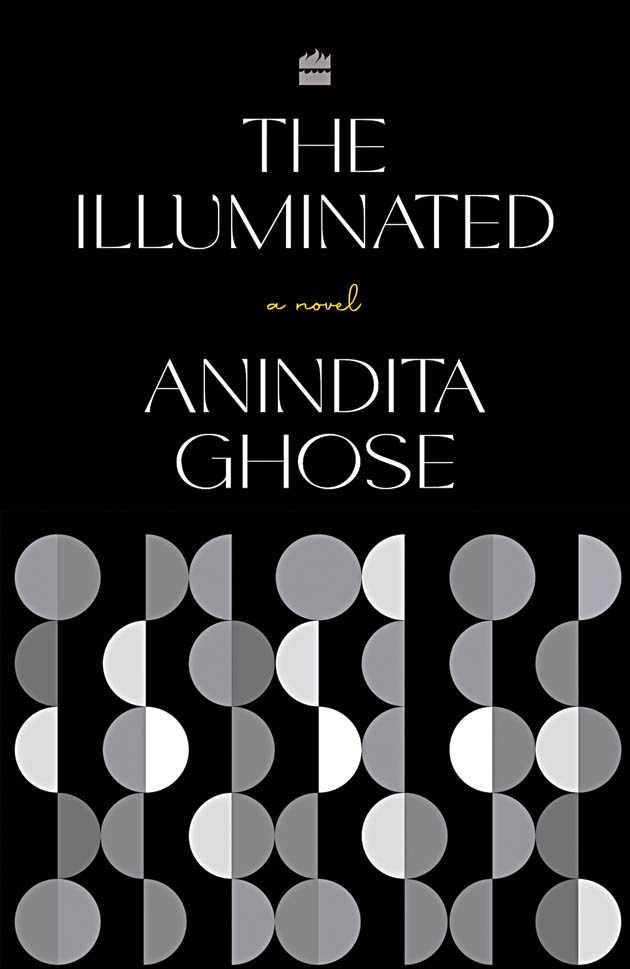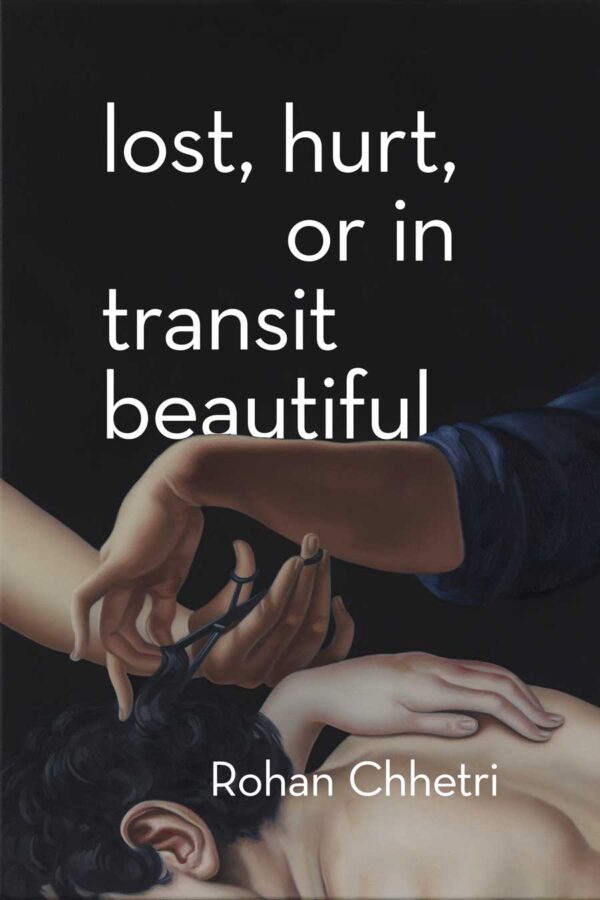
The Sickle by Anita Agnihotri, translated from Bengali to English by Arunava Sinha
HarperCollins, India; 280 pp; fiction/translation
The farmer protests in north India have been in news for more than a year now, and recent incidents such as the one in Lakhimpur Khera, Uttar Pradesh, alert us to the urgency of the situation. Agnihotri’s novel is a striking example of how social and political developments can be used in fiction. A former bureaucrat, Agnihotri uses her experience of India’s hinterland to portray the distress of farmers, the mismanagement by local and national governments, and the rise of a virulent, irrational ideology. While the Bengali original came out a few years back, Sinha’s translation makes it instantly available to a larger audience. This is a very important book for our times.

The Illuminated by Anindita Ghose
Fourth Estate, India; 308 pp; fiction
This exciting debut by a former senior editor at Mint Lounge and Vogue India gives us an insight into what it is to be a woman in India overrun by Hindutva. Ghose combines realism with utopian/dystopian narrative strands in a way that reminds one of Margaret Atwood and Salman Rushdie. She address important contemporary issues such as the #MeToo movement, ecological disasters and how they can affect women, and again, the rise of a virulent and hateful ideology. While the resolutions to the problems that Ghose provides might leave some readers asking for more, there is a distinct note of hope — so essential for our times.

Lost, Hurt, Or In Transit Beautiful by Rohan Chhetri
HarperCollins, India; 63 pp; poetry
Winner of the Kundiman Poetry Prize, this book is the latest offering from one of the most original voices in Indian English poetry. Also a translator, Chhetri explores personal and political history and experiments with meter and narrative. His influences are as varied as Leonard Cohen and Aga Shahid Ali as well as C P Cavafy and Robert Duncan. While his themes can be hyperlocal, like a resistance movement in Darjeeling or a winter in Delhi, his diction is international, as evidenced by the different publications — Paris Review, New England Review, AGNI — where these poems have previously appeared.





